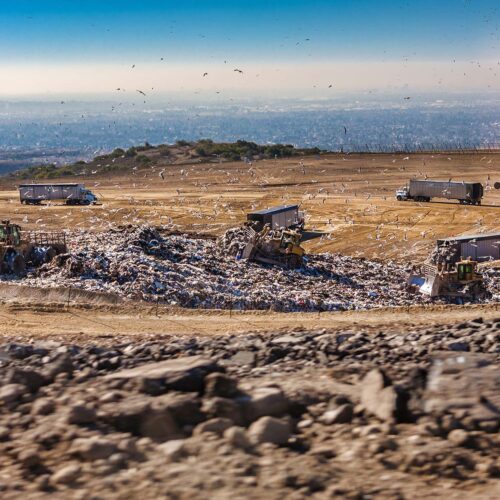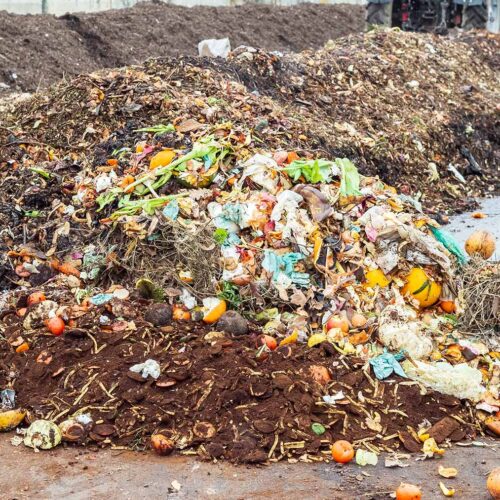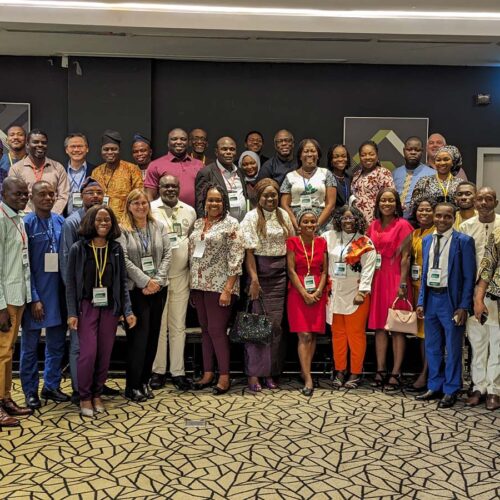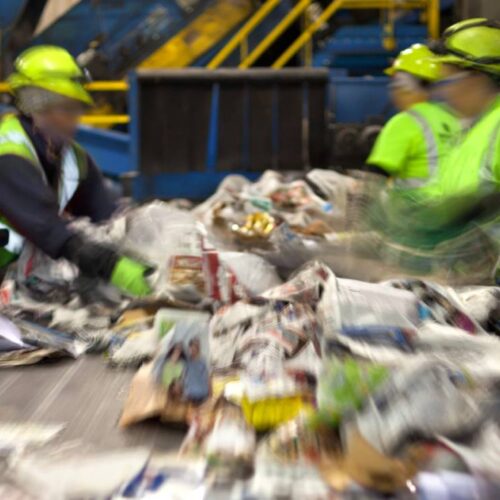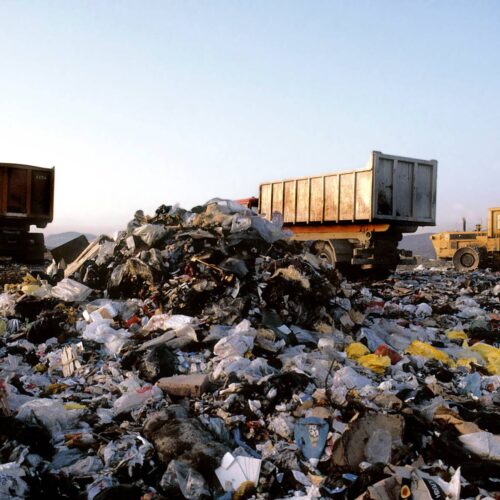Article
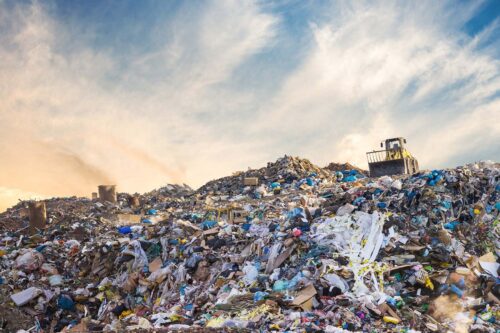
Report | 2024
The Waste Methane Assessment Platform
Data and technical support for waste management officials, municipalities, policy makers, and other key decision makers to reduce waste methane emissions.
The waste sector is a major contributor to planet-warming methane emissions, the third largest source behind agriculture and the oil and gas industry. Because methane is a super-potent greenhouse gas, with a global warming potential more than 80 times greater than CO2 in the near term, addressing this short-lived climate pollutant is key to limiting temperature rise. What if we could identify sites where waste methane is escaping into the atmosphere, pinpoint the sources, and implement evidence-based reduction measures?
The Waste Methane Assessment Platform (WasteMAP), a joint RMI and Clean Air Task Force (CATF) effort funded by the Global Methane Hub and Google.org, was created to give policymakers, landfill operators, municipalities, and other sector stakeholders improved access to waste methane emissions data, enhance their understanding of mitigation opportunities, and share best practices to reduce solid waste methane emissions.
The WasteMAP initiative consists of two parts:
- An online platform designed to collect and improve access to global waste sector data, enable methane emissions transparency, and identify areas for priority intervention.
- Country engagement with subnational and national stakeholders to help build capacity for waste management and provide technical assistance for specific mitigation measures.
Online platform
The Waste Methane Assessment Platform (WasteMAP) is a central source for addressing the escalating issue of waste sector methane emissions. Recognizing methane’s role as a potent greenhouse gas contributing to 30 percent of global warming since pre-industrial times, WasteMAP serves as a comprehensive tool for aggregating, mapping, and analyzing waste methane emissions. It comprises multiple layers of data, including country-level, city-level, and site-level insights, sourced from various reputable databases and observations, and encourages citizens’ contributions to the data pool that expand its emissions inventory. WasteMAP’s Decision Support Tool (DST) takes this further, enabling users to visualize methane emissions projections and explore alternative waste management scenarios to mitigate emissions. WasteMAP also hosts a library of valuable resources for methane abatement, helping decision makers implement waste management practices that reduce methane emissions in their communities.
Access WasteMAP
Country engagement
To complement the platform, RMI and CATF are working on the ground in select countries including Colombia, Ecuador, Mexico, Nigeria, and the United States, with planned expansion to additional countries. Our country engagement includes collaborating with national and subnational governments, supporting policy makers in creating an enabling environment to reduce municipal solid waste (MSW) methane emissions, providing technical assistance, building local capacity, and facilitating peer-to-peer knowledge exchange.
Resources from our country engagement, such as landscape assessments, methane mitigation playbooks, and technical memos are available on the platform. By engaging on the ground in these countries, RMI and CATF can collect more robust data that can be further enhance the platform, improve emissions estimates, and inform mitigation action.
To download the Waste Methane assessement Playbooks and the individual region reports, please fill out the form at the bottom of the page, then click on the images below.
Additional Resources
Article
Article
Article
Report
